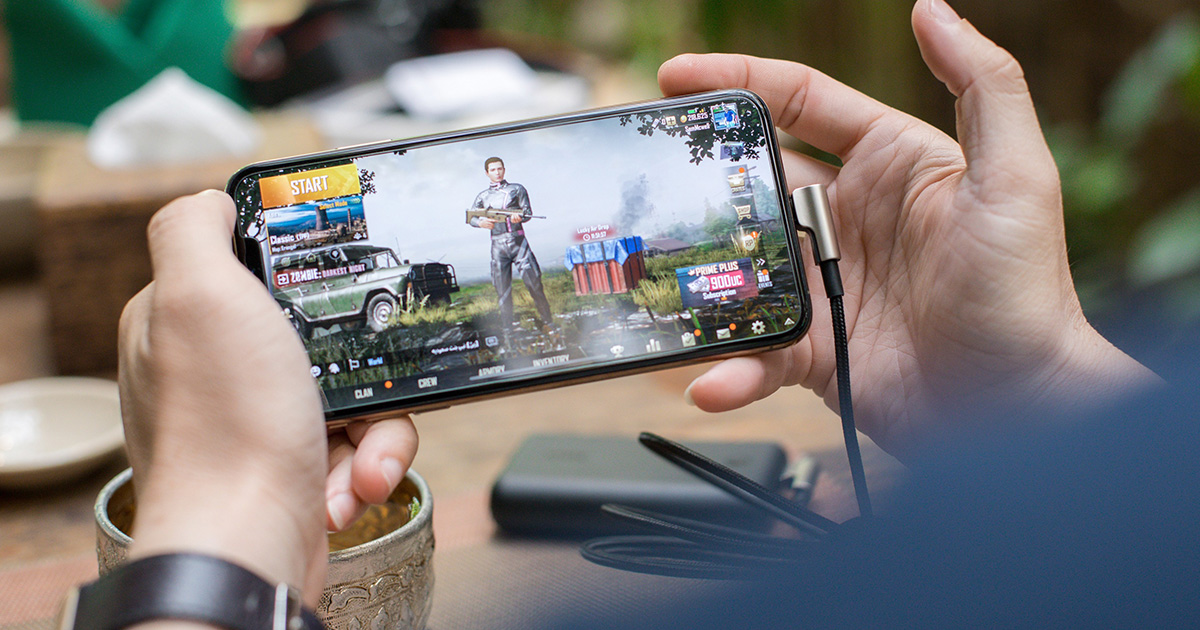Brad Whittfield
Group Chief Financial Officer and Executive Board member, Mondia Group
As companies across multiple sectors adapt to what is quickly becoming a mobile-first world, digital content is increasingly being used as a go-to way to monetise a customer or community base, unlock alternative revenue streams and increase customer loyalty.
What started primarily with the telco operators and e-commerce players, digital content has started making its way into many sectors including healthcare, financial services and government organizations.
While digital content comes in many forms, for the purposes of this particular article, I wanted to focus on one in particular – mobile gaming. Mobile gaming is now a massive global market estimated to be worth approximately $68 billion in 2019 and expected to grow at 10 % year on year to close to $95 billion by 2022.

In many ways, mobile gaming as a form of digital content is unique and, therefore, requires a specific understanding and approach.
The Arrival of 5G
Before highlighting some of the nuances specific to mobile gaming, we need to quickly set the scene from a technological perspective. While there are plenty of buzz-terms flying around the gaming industry at the moment such as ‘virtual reality’, ‘augmented reality’ and ‘game streaming’; in the mobile gaming world these are all sub-topics made more tangible thanks to the roll-out of 5G (or 5th generation).
5G not only brings faster speeds but also brings lower latency – latency being the delay in the transfer of data. There is no doubt that 5G’s technological advancements will help drive the next wave of mobile innovation in mobile gaming.
In the short term, I expect 5G to have a fairly immediate impact on developed markets. Those countries which already enjoy widespread, low-cost connectivity. In emerging markets, the impact is expected to be more gradual. Many countries require significant investment into infrastructure while, on an individual user level, 5G compatible devices remain comparatively expensive until the technology trickles down to the more affordable hardware brands.
User Acquisition
The number of people who are expected to play mobile games in 2019 is estimated to be 2.4 billion – that’s almost one-third of the world’s total population.[1] While this is indeed a staggering statistic, with mobile games and gaming platforms you are on a constant mission to convince and reconvince your user.
It is important to appreciate (and acknowledge) that game users generally churn quickly – for a particular game, a 10% retention after just one month is considered to be a very solid KPI. Even the hugely popular Pokémon Go game is reported to have churned close to 80% of its users within two months of the game’s release (and when I say ‘hugely popular’, the game is currently one of the highest-grossing mobile games and has amassed over $2 billion in revenue since its launch in 2016![1]).
In terms of user acquisition, you, of course, have the typical paid marketing channels. However, it is the strength of the so-called ‘unpaid channels’ which can set the gaming sector apart. Game users are heavily influenced by their peers (recommendations, reviews, ratings, top-lists, etc). There is a large global community of ‘experts’ out there who are quick to share their experiences – good or bad.
Therefore, any user acquisition strategy must go hand-in-hand with your social media strategy.
User Engagement and Retention
In my view, user retention is ultimately dependent on a high level of user engagement and the quality of the user experience.
I have been fortunate enough to work within the e-commerce industry. I always felt that the successful e-commerce players really set the benchmark in terms of the focus and importance placed on user engagement and user experience.
I consider myself fortunate as it is those experiences which installed a discipline around customer centricity which should ultimately govern how you approach business and your business decisions.
As with e-commerce, this is equally important in digital content and, in particular, gaming platforms. Successful user engagement requires;
– Quality content – including the speed at which new content is made available;
– Constant innovation in the user experience – for example, challenges, leaderboards and multi-player capabilities; and
– Effective and consistent communication with your user – this can be both indirect through the social platforms or directly to the user (for example, push notifications).
The average person spends approximately 3 hours a day on their mobile and you must come with the mindset to compete for that time. By achieving a high level of user engagement, you are giving yourself the greatest opportunity of retaining your customer in what is a very competitive environment.
Regionalised or Globalised? Bit of Both.
First and foremost, the form of any digital offering will always depend on the maturity of the market and technology available. I have already touched on earlier the technology disparity between developed and emerging markets in the context of 5G.
However, in terms of the content itself, the need to tailor your gaming offering to a particular region is less of a factor compared to other forms of digital content which require a very high level of localization (like music, for example). From a business model perspective, this presents a great opportunity as it represents a very scalable offering and allows us to have a truly global approach to content curation.
The two areas in which I feel you must regionalize your approach is a) pricing and b) billing optimization. With regards to these two aspects, one size certainly does not fit all and dynamic pricing and a country-specific approach to billing optimisation are critical to a successful acquisition.

The Speed of Content is King – the Partnership Eco-System
As the saying goes, ‘Content is king’ and, of course, the criticality of high-quality content is a given. However, with mobile gaming, the speed at which you are able to curate and update your content is equally important.
Given the speed at which trends change in gaming, the duration of your gaming content must be equally rapid. This is where the strength of your content partnership ecosystem becomes important. Not only with the big-name content providers but also having the ability to find those up and coming gaming developers.
Conclusion
Thanks to the advancements of mobile and network technology, it certainly feels as though the mobile gaming industry is on a cusp of a significant shift. Which is very promising considering the scalable nature of the business.
As I come from an M&A background, I always tend to keep an eye on the level of investment into an industry as an indicator of market potential. According to a report issued by Digi-Capital on M&A activity, the global gaming industry has seen close to $10 billion in investment over the last 18 months (2018 and H1 2019) – with the total amount in 2018 and 2019 expected to be higher than the proceeding 8 years combined.
While the opportunity is certainly there, the execution is definitely not easy. Given the rapidly changing nature of the market and user trends, it requires a unique approach to user acquisition and user engagement. A gaming platform must get these key elements right to unlock the potential.
About Mondia (mondia.com)
Mondia connects people to digital experiences and brands to endless opportunities. By understanding where the markets are going, understanding where tech fits in and using that knowledge to identify solutions that boost businesses and shift user experiences. What makes Mondia different from other international digital tech companies and a leader in delivering extensive content and digital services, is our ability to tailor existing offerings or custom-create new ones to solve brand/business challenges. We believe in possibilities. We connect to the future.
About the Author
Brad Whittfield is currently the Group Chief Financial Officer and Executive Board member at the Mondia Group. Brad is a seasoned finance and legal professional having worked for and with a number of cutting-edge technology businesses including digital content, digital banking, fintech and e-commerce. At Mondia he oversees the global financial operations of the Group which currently includes Europe, Middle East and North Africa, Sub Saharan Africa and Asia Pacific.
[1] Betting on Billions: Unlocking the power of mobile gamers. A report prepared by Newzoo and Activision Blizzard Media.
[2] Apptopia – https://blog.apptopia.com/pokémon-go-catches-2-billion-since-launch



